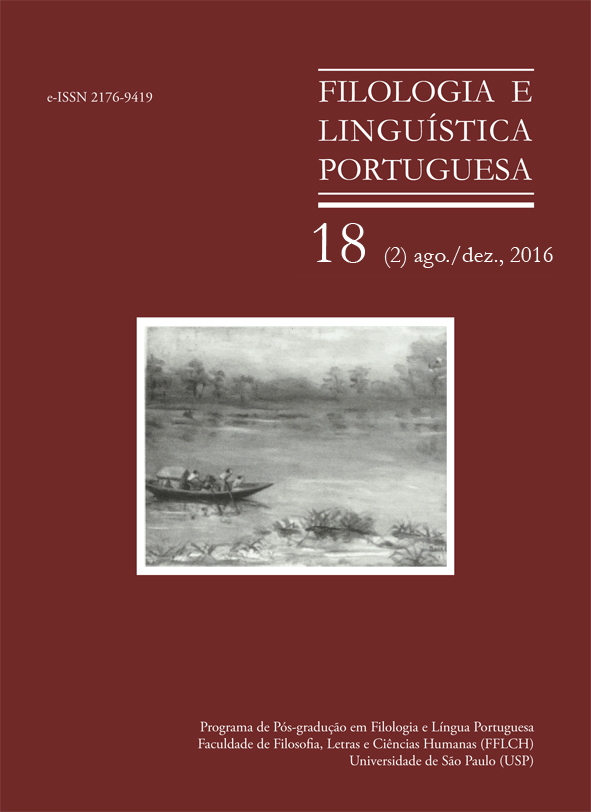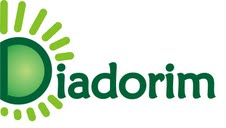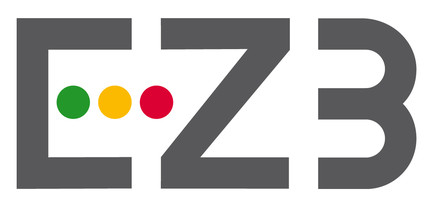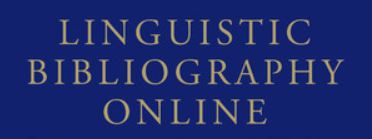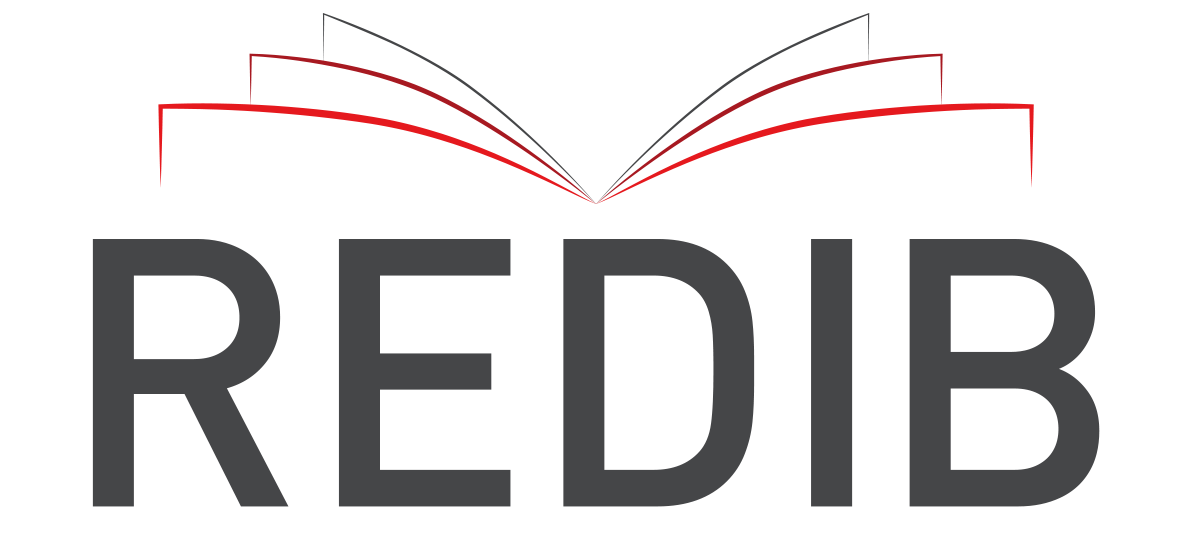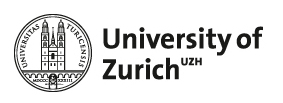Philology as curatorship: The Pessoa affair
DOI:
https://doi.org/10.11606/issn.2176-9419.v18i2p231-262Keywords:
Philology. Curatorship. Administration of texts. Patrimony. Sui generis co-authorship. Esemplastic Power. Ineinsbildung.Abstract
The argument presented throughout this essay is that philology is textual curatorship. “To curate” means “to administer someone else’s assets”; to edit a text is an activity according to which the textual critic administers someone else’s text, which is that author’s asset; therefore, the textual critic is a textual curator. There are two difficulties which this assertion raises, which can be formulated as follows: how can an incorporeal asset be administered? How can one administer texts whose characteristics are similar to those which make up Fernando Pessoa’s work? These texts are incomplete because they were left unfinished, not because portions of them have been lost. When this occurs, it is necessary to understand that besides being a textual curator, the textual critic becomes a sui generis co-author as well, as the critic assumes the responsibility of making decisions which are typically made by authors of literary works.Downloads
References
Coleridge ST. Biographia Literaria. In: Shedd WGT. The Complete Works of Samuel Taylor Coleridge. Vol. III. Nova Iorque: Harper and Brothers; 1884.
Eggert P. Securing the Past – Conservation in Art, Architecture and Literature. Nova Iorque: Cambridge University Press; 2009.
Ferreira PT. Recensão crítica a The Powers of Philology. In: Forma de Vida, Recensões. 2015a. Disponível em <http://formadevida.org/recensoes/60-hans-ulrich-gumbrecht- 2003-the-powers-of-philology-dynamics-of-textual-scholarship-urbana-e-chicago- university-of-illinois-press>.
Ferreira PT. Revogar obras literárias: o caso Pessoa. Forma de Vida, 2015b:5. Disponível em <http://formadevida.org/ptferreirafdv5>.
Figueiredo Dias J. Direito Penal, Parte Geral. Tomo I – Questões Fundamentais; A Doutrina Geral do Crime. 2.a ed. Coimbra: Coimbra Editora; 2012.
Gonçalves A. Prefácio. In: Kafka F. O Processo. Trad. Gonçalves A. 3.a ed. Lisboa: Assírio & Alvim; 2006. p. 11-26.
Gumbrecht HU. The Powers of Philology – Dynamics of Textual Scholarship. Urbana e Chicago: University of Illinois Press; 2003.
Menezes Cordeiro A. Tratado de Direito Civil. Volume IV – Pessoas. 3.a ed. Coimbra: Almedina; 2011.
Oliveira Ascensão J. Direito Civil – Direito de Autor e direitos conexos. Coimbra: Coimbra Editora; 2012.
Pizarro J. La mediación editorial – Sobre la vida póstuma de lo escrito. Iberoamericana Editorial Vervuert; 2012a.
Pizarro J. Pessoa Existe? Lisboa: Ática; 2012b.
Schelling FWJ. Philosophie der Kunst. In: Sämtliche Werke, Band V. Estugarda e Ausburgo: J. G. Cotta’scher Verlag; 1859.
Whistler D. Schelling’s Theory of Symbolic Language: Forming the System of Identity. Oxford: Oxford University Press; 2012.
Zenith R. Introdução. In: Pessoa F, Zenith R. Livro do Desassossego. 7.a ed. Assírio & Alvim; 2007. p. 13-41.
Downloads
Published
Issue
Section
License
Copyright is transferred to the journal for the online publication, with free access, and for the printing in paper documents. Copyright may be preserved for authors who wish to republish their work in collections.


